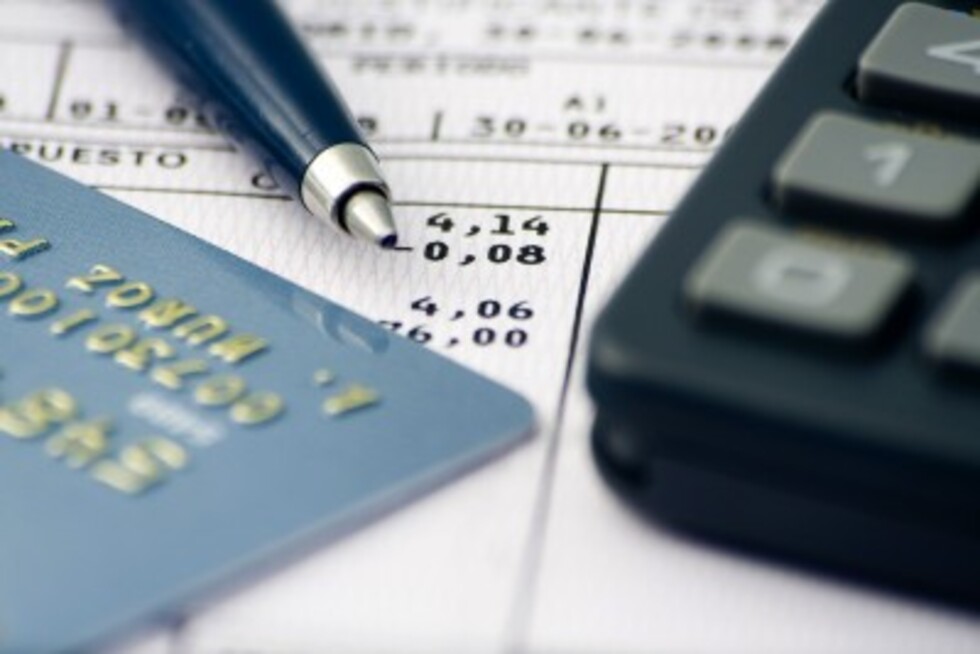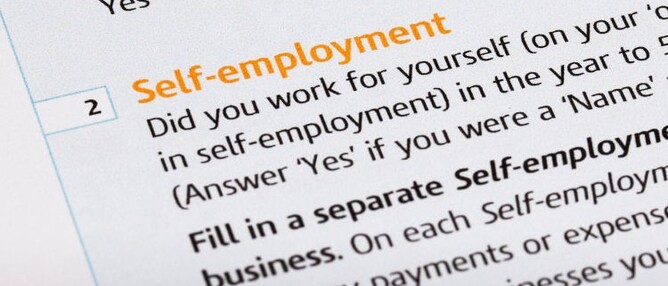Yesterday, the Government finally announced their measures to help self employed people in the form of the Self Employment Income Support Scheme (SEISS). Financial assistance will come in the form of a grant and will pay up to 80% of average declared profit (before taxation) over the last three years tax returns, if they are available and up to the £2500 limit per month. However, these measures still don't address company owner directors that earn wages as an employee of the company and take dividends from company profits - hopefully this will be considered soon.
Those who are eligible, will be contacted by HMRC directly asking them to fill out an online form and declare their income. This will come as an email from HMRC with a link to the form once it is set up, but as they're not expecting to pay this grant to anyone until June, when it will be paid in full, don't expect to receive this email in the next few days or even weeks. As soon as I receive my letter, I'll let you all know to look out for yours.
Unfortunately, there are still some that will miss out from applying for this grant:
- Those that have declared more than £50,000 profit in each of the last three years; if you've only declared over £50,000 in one of the three years then once an average is taken you will more than likely still be entitled to the grant. For example, if you've declared £10,000 in 2016/17; £25,000 in 2017/18 and £65,000 in 2018/19, the average will be £33333 profit over the year and £2778 per month. 80% of this monthly figure is £2222, so you'll receive a grant of up to £6666 for the 3 months.
- You must still have been trading in 2019/20 and will be continuing to trade into 2020/21, subject to current restrictions.
- You're income from self employment must be over 50% of your total income in each tax year.
- You must have lost profits due to COVID-19, i.e. you will need to prove you have lost profits due to the outbreak, which may not be very easy to do. Accounting and other bodies are seeking more clarity on this point and we will report updates as we receive them.
- Sole traders who have recently started up within the last 12 months and who have not yet filed a tax return.
- As stated before, company directors who take a small wage from the limited company/ies they work for and the majority of their income is paid to them in dividends (a distribution of the companies profit if it has any).
What every one of us needs to think about is what we can do if/when our income is likely to be jeopardized and how can we minimise the overall outcome. A simple cashflow will help you do this, you should be able to quickly see if there are things you can do to quickly, like cutting out unnecessary expenditure, do you need to pay for Sky Sports if there are no sports being played at the moment? What about subscriptions, could you listen to Spotify for free instead of paying for it? No-one will need to use the car as much, so money can be saved paying for fuel. What about travelcards, can you get a refund for what you've not used? Have you spoken to your mortgage company or landlord? Have you been offered help towards your overdraft? You can even use this cashflow if you're thinking about applying for a business interruption loan as they will be expecting there to be some kind of business plan in place and your cashflow will form part of this.
Please don't hesitate to contact us if you have any questions or are seeking advice on this or any of the other financial measures the Government has put in place.

